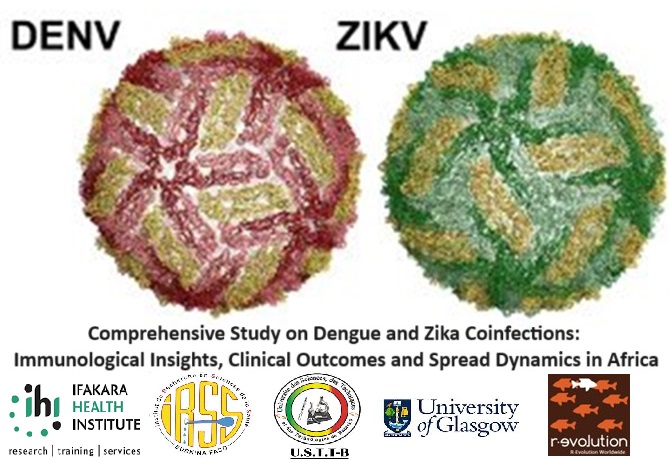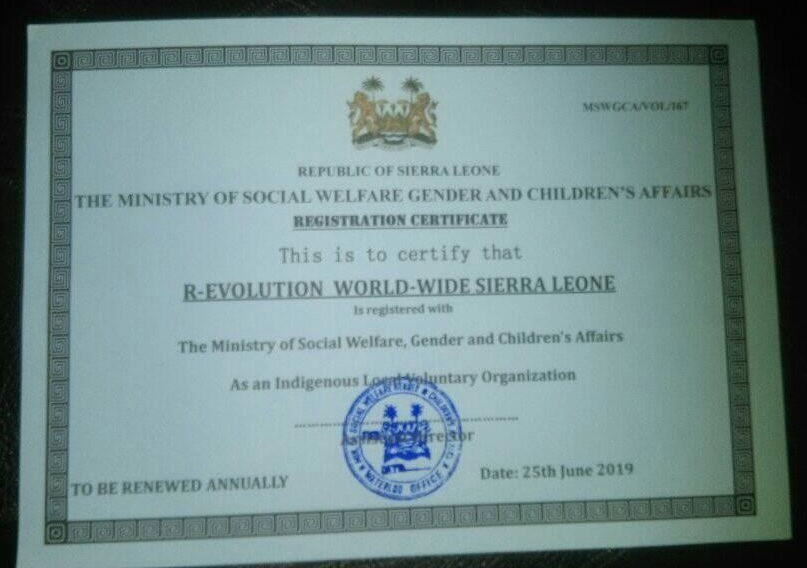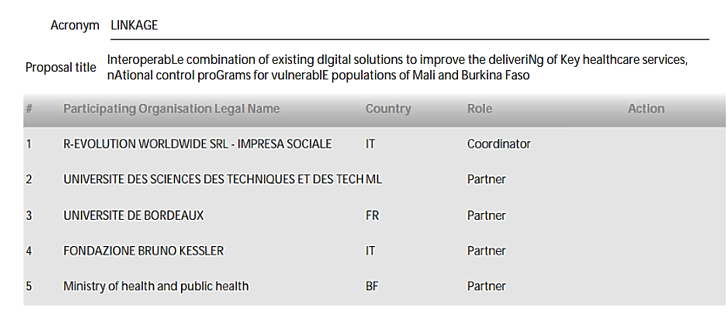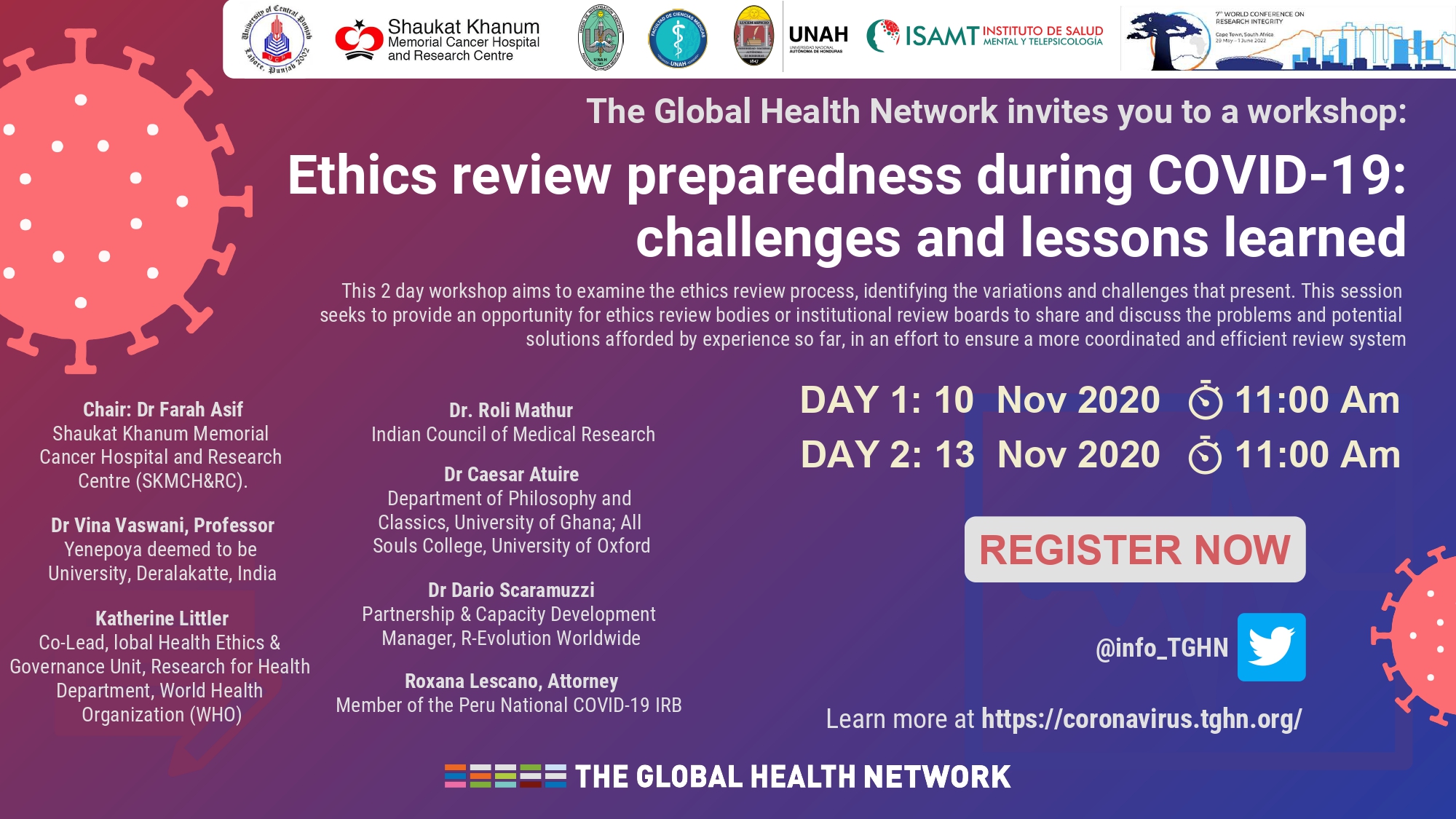Dengue and Zika viruses are arboviruses primarily transmitted by Aedes mosquitoes. Dengue and Zika infectious disease frequently erupt in tropical and subtropical regions. Globalization coupled with climate change, significantly expedites their worldwide dissemination, often sparking new epidemics.
WHO reported the highest number of dengue cases (~6.5 million in 2023) in over 80 countries with 7300 dengue-related deaths. Burkina Faso and Mali have been reported to be among 8 countries with active cases in 2023, while Burkina Faso accounted for about 74% of total numbers of cases. Tanzania’s first confirmed Dengue outbreak occurred in 2010 in Dar es Salaam, since then, several outbreaks have occurred. Furthermore, first confirmed cases of Zika in Tanzania were reported in 2016 and in 2022. Incidence of dengue and Zika fever often spikes in rainy seasons mostly in urban settings.
Understanding how dengue and Zika viruses interact and affect individuals and populations is crucial for disease management and prevention, given their frequent co-circulation and potential for compounded clinical outcomes. The interplay between these viruses can complicate clinical picture, potentially leading to atypical or severe disease presentations.
Identifying and analyzing drivers of dengue and Zika virus spread in regions lacking sufficient epidemiological, immunological, and entomological data is critical for effective surveillance and control. Variations of these infections transmission in the three countries provides a unique opportunity to investigate genetic diversity of vectors and viruses, immunology and molecular interplay influences clinical outcome and co-circulation.



